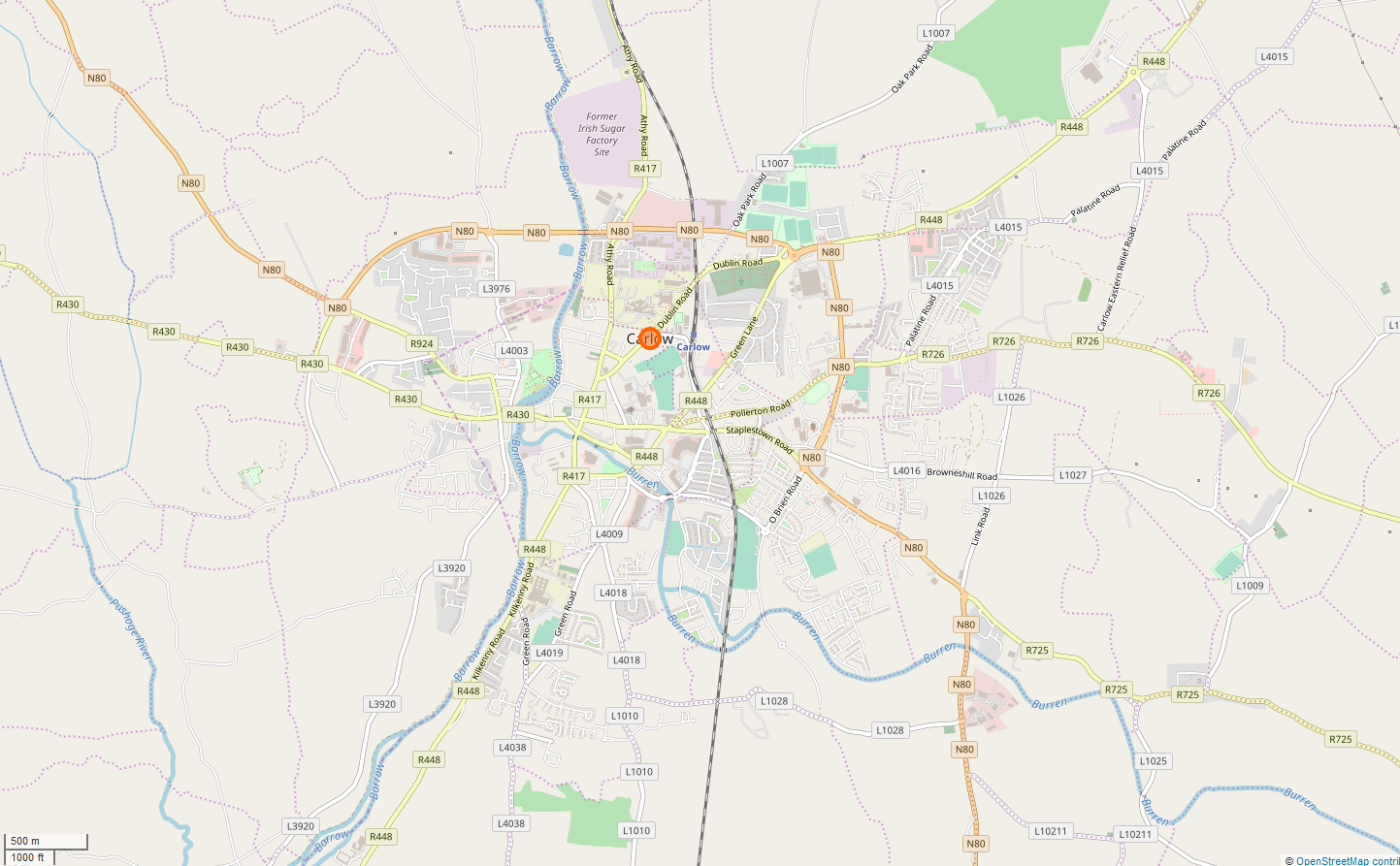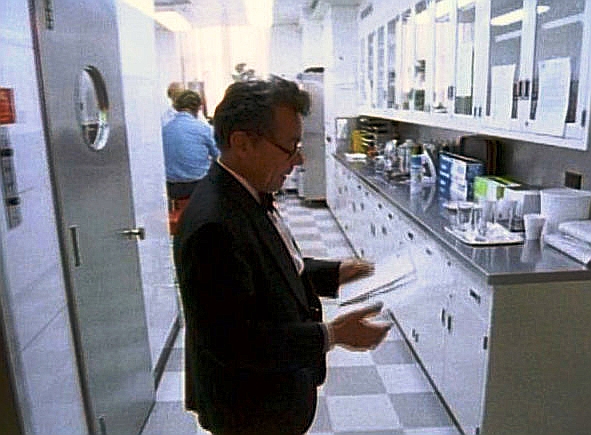|
Sir Edmund Butler, 2nd Baronet
Sir Edmund Butler, 2nd Baronet (died before 1653), of Cloughgrenan (townland near Carlow), was the son of Sir Thomas Butler, 1st Baronet and Anne Colclough. He was admitted to Lincoln's Inn on 5 June 1637. He succeeded to the title after 1639. He died intestate and his estate was administered to his widow in 1653. Marriage and issue He married Juliana Hyde, the daughter of Bernard Hyde. Their children were: * Eleanor Butler * Sir Thomas Butler, 3rd Baronet (died between Jan 1703 - Feb 1703) * James Butler See also * Butler dynasty References {{DEFAULTSORT:Baronet, Sir Edmund Butler, 2nd 17th-century Irish people Edmund Edmund is a masculine given name or surname in the English language. The name is derived from the Old English elements ''ēad'', meaning "prosperity" or "riches", and ''mund'', meaning "protector". Persons named Edmund include: People Kings and ... People from County Carlow Butler baronets, of Cloughgrenan Baronets in the Baronetage of Ireland< ... [...More Info...] [...Related Items...] OR: [Wikipedia] [Google] [Baidu] |
Townland
A townland ( ga, baile fearainn; Ulster-Scots: ''toonlann'') is a small geographical division of land, historically and currently used in Ireland and in the Western Isles in Scotland, typically covering . The townland system is of Gaelic origin, pre-dating the Norman invasion, and most have names of Irish origin. However, some townland names and boundaries come from Norman manors, plantation divisions, or later creations of the Ordnance Survey.Connolly, S. J., ''The Oxford Companion to Irish History, page 577. Oxford University Press, 2002. ''Maxwell, Ian, ''How to Trace Your Irish Ancestors'', page 16. howtobooks, 2009. The total number of inhabited townlands in Ireland was 60,679 in 1911. The total number recognised by the Irish Place Names database as of 2014 was 61,098, including uninhabited townlands, mainly small islands. Background In Ireland a townland is generally the smallest administrative division of land, though a few large townlands are further divided into h ... [...More Info...] [...Related Items...] OR: [Wikipedia] [Google] [Baidu] |
Carlow
Carlow ( ; ) is the county town of County Carlow, in the south-east of Ireland, from Dublin. At the 2016 census, it had a combined urban and rural population of 24,272. The River Barrow flows through the town and forms the historic boundary between counties Laois and Carlow. However, the Local Government (Ireland) Act 1898 included the town entirely in County Carlow. The settlement of Carlow is thousands of years old and pre-dates written Irish history. The town has played a major role in Irish history, serving as the capital of the country in the 14th century. Etymology The name is an anglicisation of the Irish ''Ceatharlach''. Historically, it was anglicised as ''Caherlagh'', ''Caterlagh'' and ''Catherlagh'', which are closer to the Irish spelling. According to logainm.ie, the first part of the name derives from the Old Irish word ''cethrae'' ("animals, cattle, herds, flocks"), which is related to ''ceathar'' ("four") and therefore signified "four-legged". The second p ... [...More Info...] [...Related Items...] OR: [Wikipedia] [Google] [Baidu] |
Sir Thomas Butler, 1st Baronet
Sir Thomas Butler, 1st Baronet of Cloughgrenan (c.1578–1642), was an Irish nobleman, the illegitimate son of Sir Edmund Butler of Cloughgrenan (1534-c.1585) and grandson of James Butler, 9th Earl of Ormond, James Butler, 9th Earl of Ormond and 2nd Earl of Ossory (c.1496-1546). Sir Thomas was High Sheriff of Carlow for 1612 and 1622. On 16 August 1628, he was created a Baronet of Cloughgrenan (a townland near Carlow, Ireland) by Charles I of England, King Charles I (1600–1649). He was a Member of Parliament for County Carlow (Parliament of Ireland constituency), County Carlow in the Irish House of Commons between 1634 and 1635, and again from 1639 until his death in 1642 His father, Sir Edmund, had three other legitimate sons with his wife, Eleanor Eustace, the second daughter of Rowland Eustace, 2nd Viscount Baltinglass: Pierce, James and Theobald. The two elder sons (Sir Thomas's half-brothers) were executed by their own uncle, Thomas Butler, 10th Earl of Ormond (c.1531-16 ... [...More Info...] [...Related Items...] OR: [Wikipedia] [Google] [Baidu] |
Sir Thomas Butler, 3rd Baronet
Sir Thomas Butler, 3rd Baronet of Cloughgrenan (a townland near Carlow), (died c. February 1704) was an Irish baronet and politician. He was the son of Sir Edmund Butler, 2nd Baronet and Juliana Hyde, daughter of Bernard Hyde. By 1650, he succeeded his father as baronet. In 1670 and again in 1691, Butler was High Sheriff of Carlow. From 1692 until his death, he sat for County Carlow in the Irish House of Commons. Marriage and issue Butler married firstly Jane Boyle, daughter of the Right Reverend Richard Boyle, Bishop of Leighlin and Ferns, and secondly Jane Pottinger, daughter of Captain Edward Pottinger and widow of John Reynolds, in July 1700. By his first wife, he had two sons. Pierce, the oldest of them, was a Member of Parliament for the same constituency his father had represented and succeeded to the baronetcy. See also * Butler dynasty References {{DEFAULTSORT:Butler, Sir Thomas, 3rd baronet 1704 deaths Thomas Thomas may refer to: People * List o ... [...More Info...] [...Related Items...] OR: [Wikipedia] [Google] [Baidu] |
Butler Dynasty
Butler ( ga, de Buitléir) is the name of a noble family whose members were, for several centuries, prominent in the administration of the Lordship of Ireland and the Kingdom of Ireland. They rose to their highest prominence as Dukes of Ormonde. The family has produced multiple titles such as Baron Cahir, Baron Dunboyne, Viscount Ikerrin, Viscount Galmoye, Viscount Mountgarret, Viscount Thurles, Earl of Carrick, Earl of Kilkenny, Earl of Ormond, Earl of Ossory, Marquess of Ormonde and Duke of Ormonde. Variant spellings of the name include ''le Boteler'' and ''le Botiller''. The Butlers were descendants of Anglo-Norman lords who participated in the Norman invasion of Ireland in the 12th century. The surname has its origins in the hereditary office of "Butler (cup-bearer) of Ireland", originating with Theobald Walter, 1st Chief Butler of Ireland. The arms of later family members depicted three cups in recognition of their original office. Origin The family descended from Theobal ... [...More Info...] [...Related Items...] OR: [Wikipedia] [Google] [Baidu] |
17th-century Irish People
The 17th century lasted from January 1, 1601 ( MDCI), to December 31, 1700 ( MDCC). It falls into the early modern period of Europe and in that continent (whose impact on the world was increasing) was characterized by the Baroque cultural movement, the latter part of the Spanish Golden Age, the Dutch Golden Age, the French ''Grand Siècle'' dominated by Louis XIV, the Scientific Revolution, the world's first public company and megacorporation known as the Dutch East India Company, and according to some historians, the General Crisis. From the mid-17th century, European politics were increasingly dominated by the Kingdom of France of Louis XIV, where royal power was solidified domestically in the civil war of the Fronde. The semi-feudal territorial French nobility was weakened and subjugated to the power of an absolute monarchy through the reinvention of the Palace of Versailles from a hunting lodge to a gilded prison, in which a greatly expanded royal court could be more easil ... [...More Info...] [...Related Items...] OR: [Wikipedia] [Google] [Baidu] |
People From County Carlow
A person ( : people) is a being that has certain capacities or attributes such as reason, morality, consciousness or self-consciousness, and being a part of a culturally established form of social relations such as kinship, ownership of property, or legal responsibility. The defining features of personhood and, consequently, what makes a person count as a person, differ widely among cultures and contexts. In addition to the question of personhood, of what makes a being count as a person to begin with, there are further questions about personal identity and self: both about what makes any particular person that particular person instead of another, and about what makes a person at one time the same person as they were or will be at another time despite any intervening changes. The plural form "people" is often used to refer to an entire nation or ethnic group (as in "a people"), and this was the original meaning of the word; it subsequently acquired its use as a plural form of per ... [...More Info...] [...Related Items...] OR: [Wikipedia] [Google] [Baidu] |
Butler Baronets, Of Cloughgrenan
A butler is a person who works in a house serving and is a domestic worker in a large household. In great houses, the household is sometimes divided into departments with the butler in charge of the dining room, wine cellar, and pantry. Some also have charge of the entire parlour floor, and housekeepers caring for the entire house and its appearance. A butler is usually male, and in charge of male servants, while a housekeeper is usually a woman, and in charge of female servants. Traditionally, male servants (such as footmen) were better paid and of higher status than female servants. The butler, as the senior male servant, has the highest servant status. He can also sometimes function as a chauffeur. In older houses where the butler is the most senior worker, titles such as ''majordomo'', ''butler administrator'', ''house manager'', ''manservant'', ''staff manager'', ''chief of staff'', ''staff captain'', ''estate manager'', and ''head of household staff'' are sometimes giv ... [...More Info...] [...Related Items...] OR: [Wikipedia] [Google] [Baidu] |





_1938.jpg)
